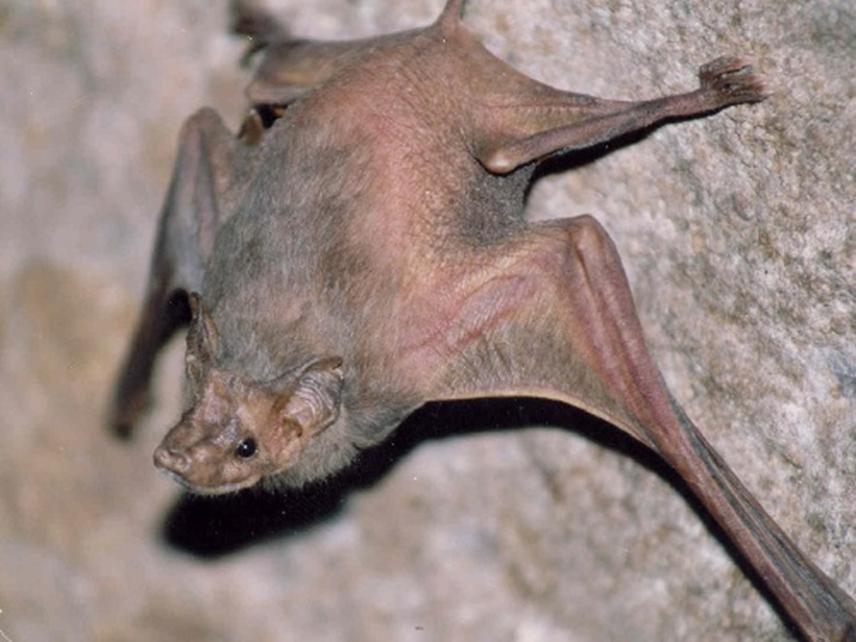Social media video featuring the project.
Status Survey and Conservation Education Campaign – A Community Participation Approach to Protect Bats in Rajasthan Parts of the Thar Desert.
26 Jul 2010 Jodhpur, India, Indian Sub-continent
Status Survey and Conservation Education Campaign: A Community Participation Approach to Protect Bats in Thar Desert
Status Survey and Conservation Education Campaign: A Community Participation Approach to Protect Bats in Jalore and Barmer Districts of Rajasthan, Part of the Thar Desert, India
The Project aims to investigate current status of diversity of bats and launching bat conservation awareness campaign in Rajasthan parts of the Thar Desert, with special reference to Jaisalmer, Bikaner and Jodhpur.
Bats being pollinators, seed dispersers and insect eaters, play vital for betterment of an ecosystem. Recent studies reveal a dramatic decline in species diversity of bats in Rajasthan parts of the Thar with four of the twelve species reported earlier found missing from Jodhpur and one of the three from Jaisalmer. Occupancies and species composition in roosts varied significantly from earlier reports with replacements of few species in shared roosts, while one species in Jaisalmer and two in Bikaner were reported for the first time (Prakash, 1963; Sinha, 1979; Gaur, 1981 and Senacha, 2003).

Apparent among the cited reasons for short of decline here are prevailing myths, like bats attack on nose and suck our blood and others consider them as sign of sin, destruction and poverty, and renovation and developmental activities in this area. In the dearth of adequate knowledge about nature and ecological significance of bats, traditionally, people in this part do not appreciate presence bats in their surroundings and practices intentional damage to their roosts to get rid of them (Senacha, 2009).
To conserve diversity of bats in the Thar Desert, it is thus obvious that existing myths about bats be eliminated and people be well educated about nature and, ecological and economical significance of species of bats dwelling in the study area. A logical approach of educating the people, about nature and significance of bats, through launching an organized conservation campaign is promising tool to eradicate the existing myths and inculcate sense of appreciation among locals about bats (Senacha, 2009).
Prime objective of this project is to review bat conservation initiatives undertaken during first phase of RSG Project in Jodhpur district and to explore the current status of diversity of bats in Jaisalmer and Bikaner districts of the Thar Desert., besides launching an organized bat conservation campaign therein to conserve diversity of bats.
To meet the objectives of the project, study area would be surveyed logistically and current status of bats would be explored. Focal groups like schools, colleges, community and social gatherings in cities, villages and smaller settlements would primarily be targeted while execution of purposed bat conservation awareness campaign. Lectures themed of nature and, ecological and economical importance would be delivered among focal groups such that existing myths be eradicated from their mind and a sense of appreciation be inculcated in them about the bats.
Once people in this area would realize that bats are not evil but are significant contributors for betterment of ecosystems and important ecologically and economically, they will start appreciating presence of bats in their surroundings; and would provide them adequate protection rather than intentional damage. Thus, this project would indeed be considered as a milestone initiative to conserve diversity of bats in Rajasthan part of the Thar Desert in India.
Social media video featuring the project.
Status Survey and Conservation Education Campaign – A Community Participation Approach to Protect Bats in Rajasthan Parts of the Thar Desert.